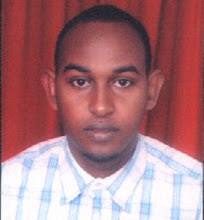Somalia is currently under what James Fearon and David Laitin of Stanford University call "a neo-trusteeship system". Various external powers, while disagreeing among themselves, make the important decisions for the Somali people.
On January 30, 2011, the Ethiopian-dominated Intergovernmental Authority on Development (IGAD), a regional organisation comprised of seven East African states, called for an extension of the Somali parliament's mandate. The dysfunctional Somali parliament duly understood the message sent by Addis Ababa and within three days unilaterally extended its mandate for three years.
The US and UN rejected the unilateral extension, with James Steinberg, the US deputy secretary of state, arguing that it would strengthen al-Shabab and Augustine Mahiga, the UN special representative for Somalia, joining in the chorus of criticism. The disagreement within the international community over Somalia was exposed, with Ethiopia and IGAD lining up on one side and the US and UN on the other.
The fact that agencies within the US have at times pursued different policies in Somalia adds another layer of complexity. The defence department views Somalia through the lens of the 'war on terror' and, as a result, allies itself with Ethiopia, while the state department is aligned more closely with the rest of the international community.
Writes Afyare A. Elmi who teaches international politics at Qatar University and is the author of Understanding the Somalia Conflagration: Identity, Political Islam and Peacebuilding. READ MORE

No comments:
Post a Comment